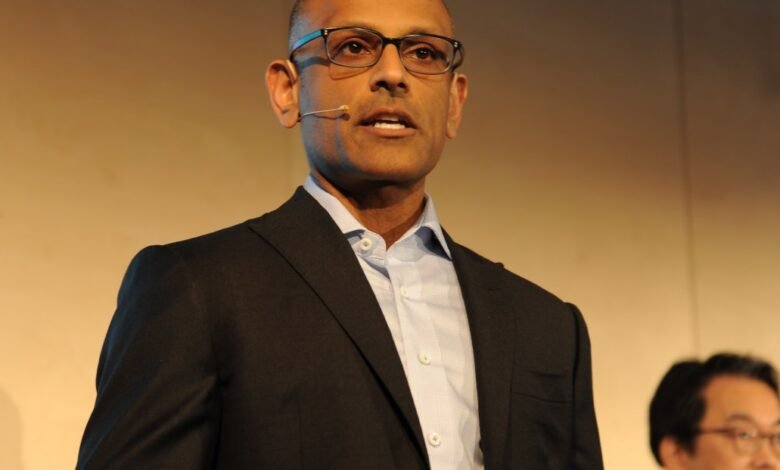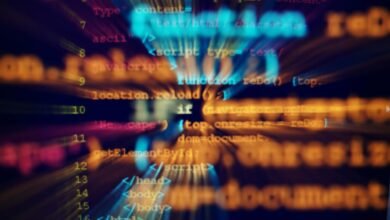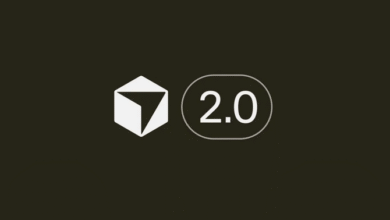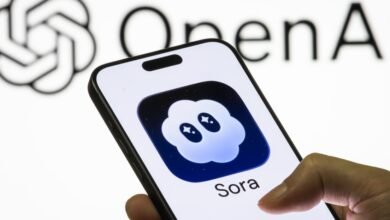Microsoft’s New Agent Platform Strategy

▼ Summary
– GitHub is positioning itself as the central platform for AI coding agents through its new Agent HQ interface that integrates tools from OpenAI, Anthropic, and others.
– Microsoft faces pressure to move quickly as agentic coding tools like Cursor are redefining software development by orchestrating entire workflows rather than just autocompleting code.
– GitHub’s leadership emphasizes creating an open ecosystem to remain the primary development platform, integrating multiple AI tools to keep developers from migrating elsewhere.
– Microsoft’s CoreAI group is focused on accelerating innovation by building better tools and shifting human effort to creative tasks while delegating code generation to AI agents.
– GitHub’s essential role in code storage and collaboration makes it critical for Microsoft to maintain its central position in the developer ecosystem, leveraging its OpenAI partnership and Copilot’s success.
Understanding Microsoft’s strategic positioning in the artificial intelligence sector becomes clearer when examining recent announcements from the GitHub Universe developer conference. This event highlighted a significant shift for one of Microsoft’s most valuable assets, GitHub, which serves over 180 million developers globally. The platform is aggressively pursuing a central role as the primary hub for AI coding agents, introducing its new Agent HQ interface. This system allows external coding assistants, such as OpenAI’s Codex and Anthropic’s Claude Code, to integrate directly into GitHub’s environment.
The urgency behind this move is palpable. If GitHub fails to accelerate its efforts, Microsoft could fall behind a rapidly advancing wave of agentic coding tools that are transforming software development. Competitors like Cursor, which coincidentally unveiled a substantial update this week, are already managing entire developer workflows rather than merely offering code autocompletion. While AI agents have yet to make a major impact in other industries, within software development the distinction between helper and collaborator is swiftly eroding.
Jared Palmer, GitHub’s newly appointed senior vice president, emphasized the necessity of an inclusive approach. Having joined Microsoft from Vercel just days before the conference, Palmer noted that GitHub is undergoing a pivotal transformation. He stated that the platform must evolve to support not only human developers but also AI agents. The objective is to maintain GitHub as the central location where development occurs, regardless of which AI tools individual programmers prefer. Palmer stressed the importance of fostering a broadly open ecosystem, revealing that in addition to OpenAI and Anthropic, companies like Google, Cognition, and xAI have committed to integrating their coding agents into Agent HQ in the near future.
GitHub’s longstanding function as a fundamental code repository gives it a strong advantage in becoming the essential link between AI agents and codebases. This positioning is critical for Microsoft to retain its central role in the developer ecosystem. Should it fail to execute this strategy, developers might gradually migrate their projects and data to alternative platforms.
Overseeing GitHub within Microsoft’s CoreAI division is Jay Parikh, an executive vice president with a background as Facebook’s former CTO and an Atlassian board member. Parikh, who leads a team of roughly 10,000 people, is tasked with reimagining Microsoft’s entire technology stack for constructing AI applications, encompassing infrastructure, security, and daily developer tools. He acknowledged the need for increased speed and innovation, emphasizing the importance of providing developers with a rich ecosystem and diverse tool choices to support modern software creation.
Parikh sees GitHub as integral to this vision, which explains why Microsoft integrated the platform into the CoreAI group last August. He described GitHub as the essential toolchain and community that will unlock new levels of innovation. Parikh envisions a future where humans focus more on specification and creative processes, delegating the computational heavy lifting to GPUs and coding agents that handle code generation.
GitHub’s Chief Operating Officer, Kyle Daigle, elaborated on this concept, suggesting that developers should not need to rebuild context within every AI tool they use. Instead, they should be able to connect through GitHub and carry that contextual understanding with them, even when utilizing tools outside the platform.
This strategy is deeply intertwined with Microsoft’s ongoing partnership with OpenAI. On the same day as the GitHub Universe event, CEO Satya Nadella discussed the expanded collaboration on a public broadcast. He pointed to GitHub as the proving ground where initial successes with GitHub Copilot, powered by OpenAI’s Codex, justified Microsoft’s decision to significantly increase its original one billion dollar investment in OpenAI.
Historically, GitHub has fulfilled two vital functions: acting as an enormous open-source code repository and operating as one of the largest collaboration networks ever constructed. Engineers rely on it not just for code storage and management, but also for career opportunities and community engagement. Although Microsoft ignited the AI coding revolution with the introduction of GitHub Copilot, the company now faces the challenge of demonstrating it can maintain leadership as the industry rapidly evolves.
(Source: The Verge)



